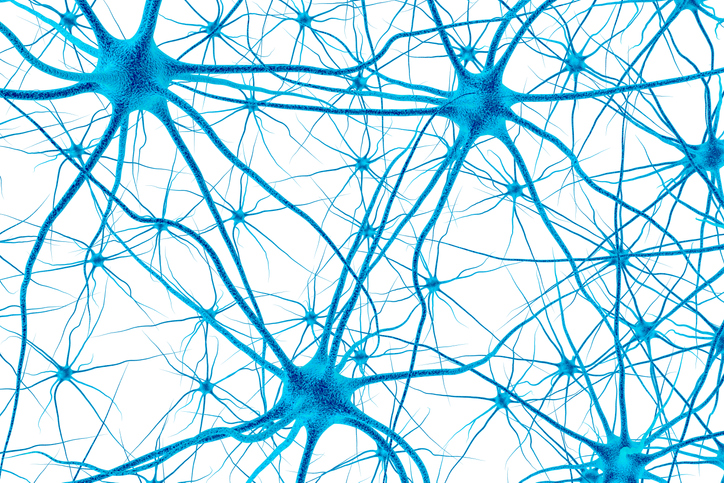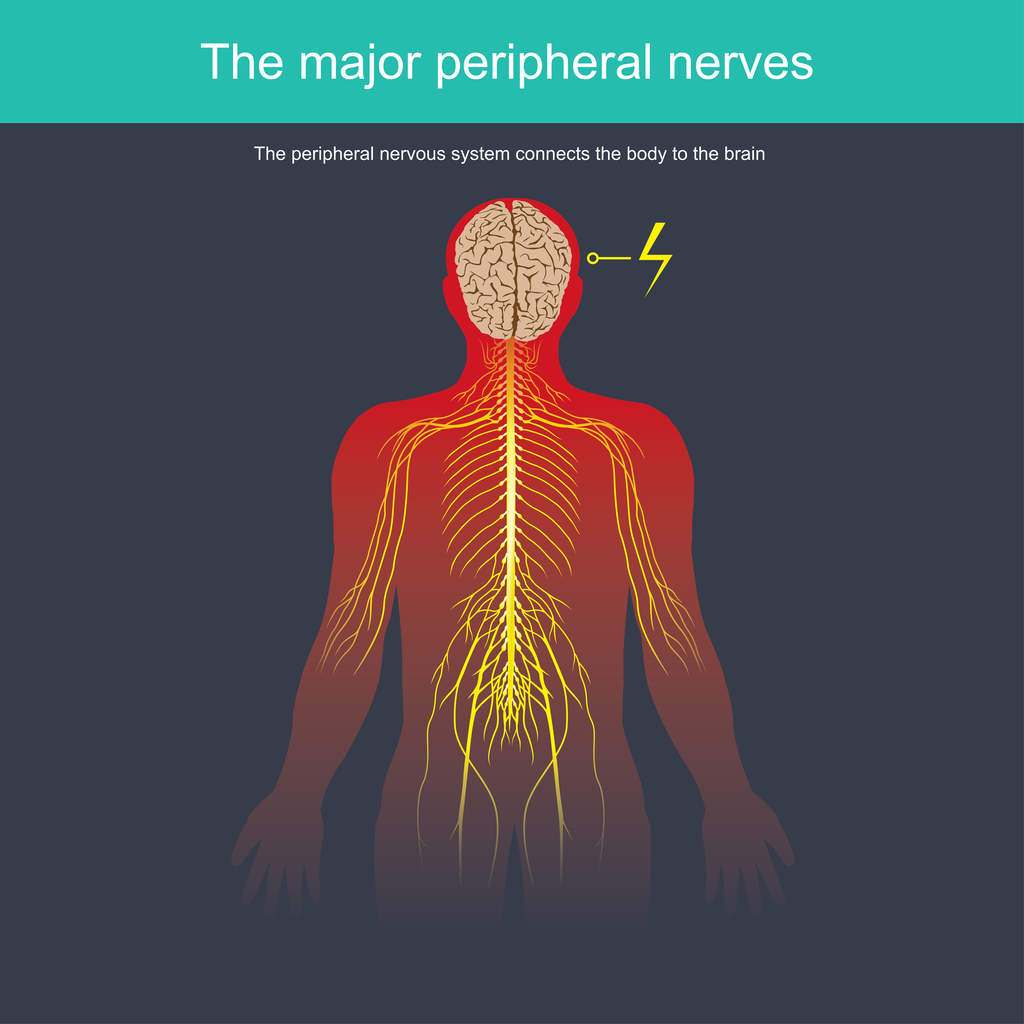Pain
What Is Gluten-Induced Neuropathy?

What is gluten?
Gluten is a group of proteins that are naturally present in the following grains: wheat (including spelt, kamut, farro and durum), bulgar, semolina, barley, triticale, rye and malt. It is also used as an additive in various processed foods to enhance texture and retain moisture.
What is gluten sensitivity?
Gluten sensitivity is commonly associated with the development of gastrointestinal symptoms after consuming foods or beverages containing gluten or gluten derivatives. However, some individuals develop additional reactions to gluten, including neuropathy (nerve pain). When gluten-sensitivity is an issue, an immune system reaction can cause inflammation that damages nerves, causing pain, numbness, or weakness, usually in the hands or feet.
How is gluten sensitivity diagnosed?
A blood test can check for gluten sensitivity. If the test result shows higher than normal gluten-related antibodies, adopting a gluten-free diet may help relieve pain and other neuropathic symptoms. A strict gluten-free diet involves eliminating all products containing gluten of any kind.
Can a gluten-free diet help with neuropathy symptoms?
It can take up to a year of a gluten-free diet for gluten-related blood antibodies to completely normalize. Since even trace amounts of gluten can lead to an immune response and inflammation for those with gluten sensitivity, it is essential to maintain a strict gluten-free diet. It is important to note that not all individuals with neuropathy need to eliminate gluten. However, for those with gluten-induced neuropathy, dietary changes may be an effective treatment, reducing or eliminating the need for medications or medical procedures.
















